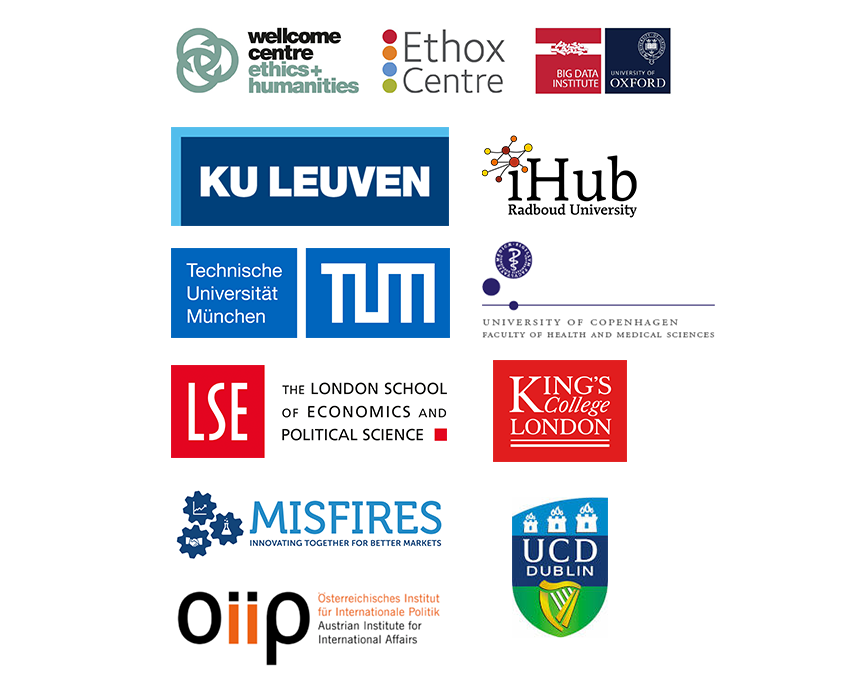Solidarity in times of a pandemic: What do people do, and why?

COVID-19: How does it affect you?
A comparative and longitudinal qualitative study
ABOUT THE PROJECT
The COVID-19 pandemic poses unprecedented challenges for policymakers, public health officials, and societies. The social and economic effects are likely to be felt for years to come. This situation calls for an examination of how people react to policy measures that have been introduced, and what actions they take on their own initiative over and above the official advice by governments. What motivates citizens to follow, adapt to, or ignore, the advice of public authorities? What do they do to protect themselves, and to support others – and what roles do technologies play in this? What, or who, do people trust in these uncertain times? What do people need to feel safe at the time of crisis?
The project examines these important questions in different European countries, including Austria, Belgium, France, Germany, Italy, the Netherlands, and the United Kingdom. We use a multi-sited qualitative research design involving in-depth open-ended interviews.
This qualitative longitudinal study design involving ‘soft comparisons’ between countries and over a period of about six months allows us not only to identify differences and similarities in how people responded to the pandemic and the ensuing policy measures, but also why. These findings are expected to generate valuable evidence for policies for pandemic preparedness, prevention and containment in the countries under study, and beyond.
For more details about the project, please visit digigov.univie.ac.at/solidarity-in-times-of-a-pandemic-solpan/

